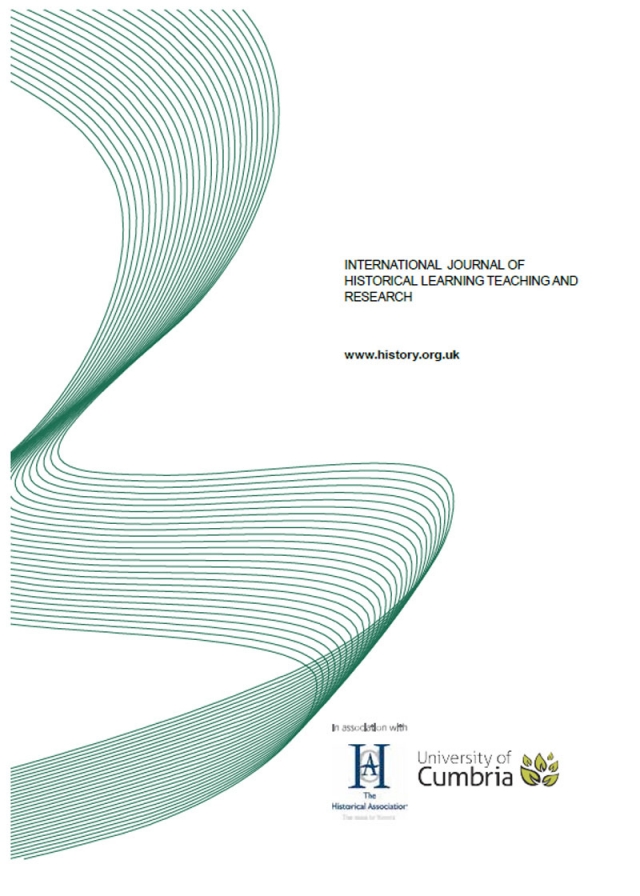'History on Trial'
IJHLTR Article

The role of moral judgment in the explanation of controversial history
International Journal of Historical Learning, Teaching and Research [IJHLTR], Volume 14, Number 2 – Spring/Summer 2017
ISSN: 14472-9474
Abstract
This study discusses the relevance of morality in the explanation of controversial history. It presents a discourse analysis of two representative adolescents’ narratives from Mexico and Spain about the 16th century Spanish Conquest of Mexico. The analysis finds that the adolescents’ historical explanations interlace personal historical beliefs, moral concerns, and socially constructed values. This analysis shows the common discourses and moral judgments that allow the participants to make sense of the Conquest, both as a moral and historical issue. The findings highlight the three main functions of moral judgment in the participants’ historical explanations: justification of colonization, assignment of blame, and normalization of violence. Such findings suggest the strong influence of moral judgments in the adolescents’ historical understanding, as through moral judgments the participants can avoid the violent nature of the event, portraying it as beneficial and acceptable. Finally, the importance of morality to historical understanding is discussed, as well as the implications for teaching history.
Introduction
What is at stake in making sense of history? As researchers have found, the answer is first and foremost located within a moral framework (Kello 2016; Kinloch 1998; Llingworth 2000; Salmons 2001; Yeager, Foster, Maley, Anderson & Morris III, 1998). The moral significance of history was acknowledged relatively recently, although by few scholars and not without criticism (Ali, 2011; Alvesson & Kärreman, 2000; White, 1975/2014)...
Article taken from the International Journal of Historical Learning, Volume 14 Number 2
Attached files:
- IJHLTR 14.2: Perez-Manjarrez: History on trial
185.3 KB PDF document

